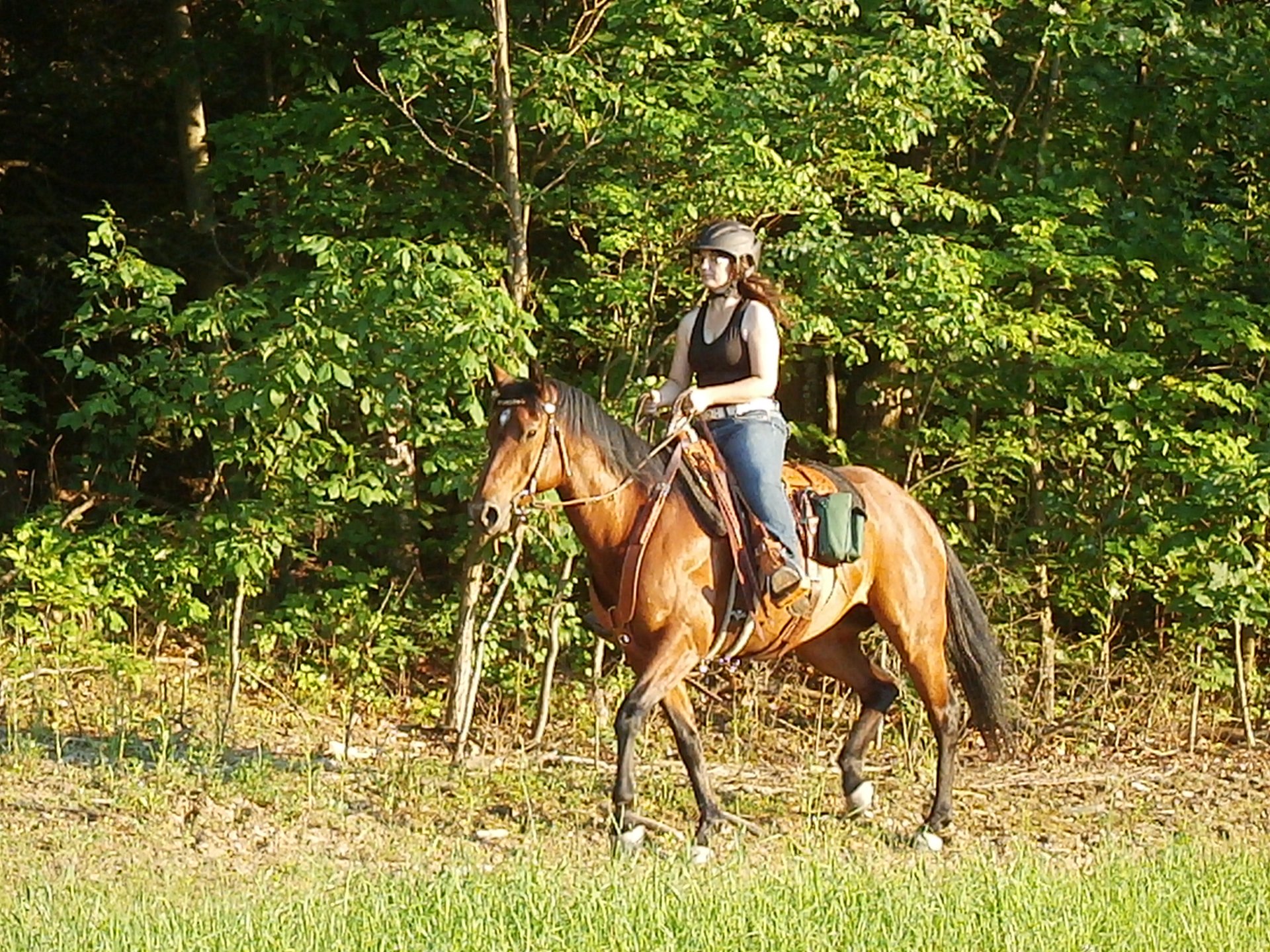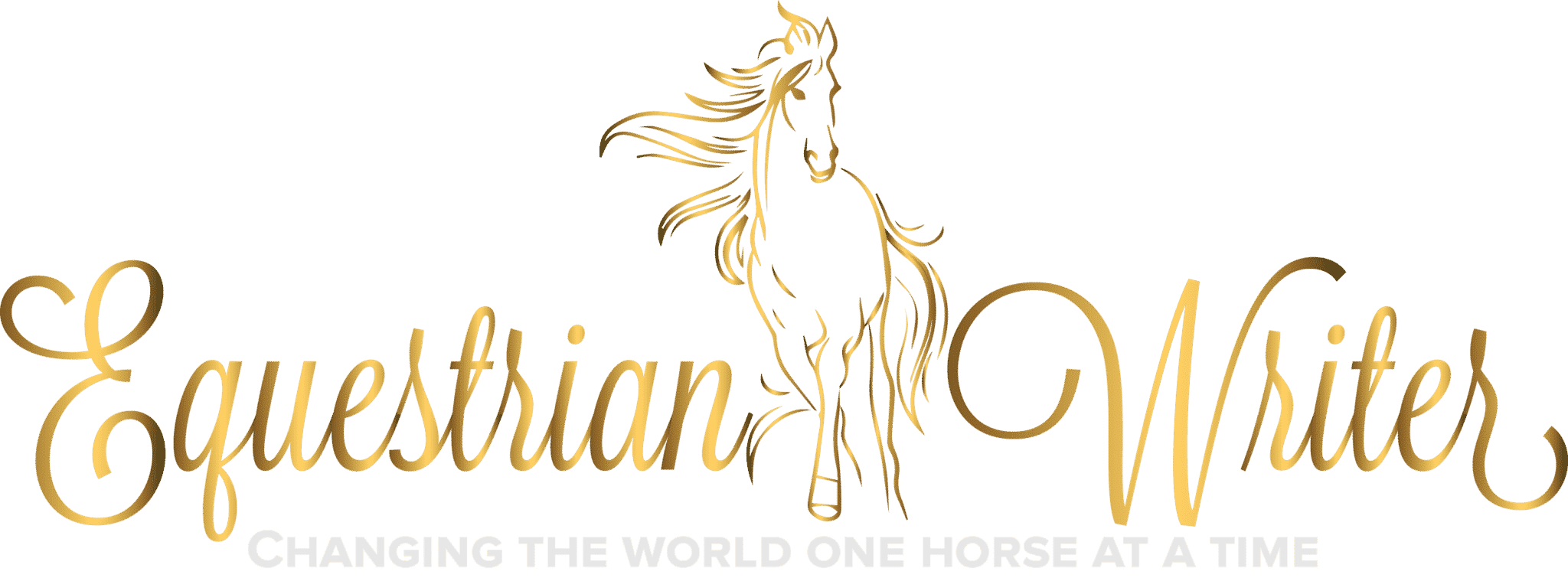
As riders, we are always looking for that magical secret to develop our riding. There are a few simple keys that I’ve discovered that advanced my riding overnight.
The most important lesson is the one that too many new riders and owners fail to learn: every rider is a trainer. I cannot stress this enough. The moment you set foot in the barn you become a trainer. Every interaction we have with a horse is a learning experience, whether it be positive or negative. So here are 3 secrets to improve your riding and become the trainer your horse needs you to be.
#Tipoftheday – Every rider is a trainer!
Tweet
1. Plan what you want to improve
An effective rider looks at every ride as training. Every ride needs a plan, whether it be a relaxing trail ride or schooling for a show. It might just be something as simple as walking in the middle of the group and not insisting on being in front, or not spooking at that leaf that always ambushes you at the end of the driveway (hey, don’t laugh, that leaf is scary, it has teeth). Expecting less will result in less because horses seldom exceed our expectations. I know, it sounds harsh, but it’s true. They are lazy critters at heart.
Too many people say; “But I’m not a trainer. I just want to trail ride and enjoy my horse.” This brings us to our next point:
2. Consistency

Horses don’t understand “just a trail ride.” Either you are training or untraining. There is no middle ground. That being said, if you are consistent enough, enforcing the training will become a habit. Whether you’re riding down the trail or on the rail, there will come a point where you can unconsciously make little corrections that your horse needs without even really thinking about it so it feels like you’re doing nothing and it looks like you’re doing nothing, but you’re still doing little things to remind your horse that “hey, yeah, I’m still here and you still have to listen so stop making eyes at every rock that looks at you funny.”
Whoever coined the saying “give an inch and they’ll take a mile” didn’t just pull it out of thin air. They must have been a horse trainer. This brings us to our last, but most important, point:
3. Correct the little problems before they become big problems
If every rider took the time each ride to take note of the little mistakes their horses were making and corrected them, a lot of professional trainers would be out of a job. It is important to notice and interrupt the little things before they become big problems. For example, if your horse drops his shoulder, it should be corrected with a counter arc in the opposite direction.
If we took note of little mistakes #horses make and corrected them, pro trainers would be out of a job.
Tweet
Anything a horse is allowed to do is what the horse is being trained to do. This is how all of those bad habits and vices are born. It may seem like a pain keeping track of all the little things now, but it will pay off in the long run when you have the best-behaved horse on the trail ride or in the show pen.
Have any tips or trick that have helped improve your riding? Comment and share below!









